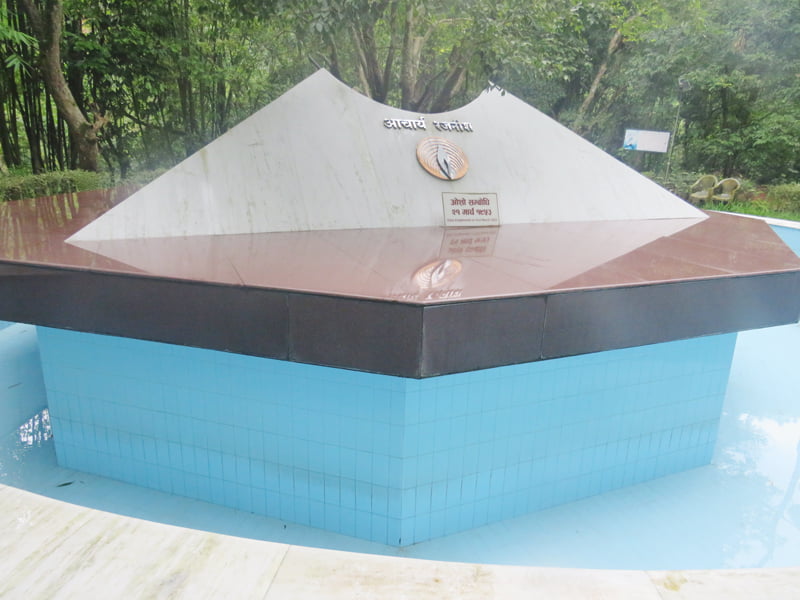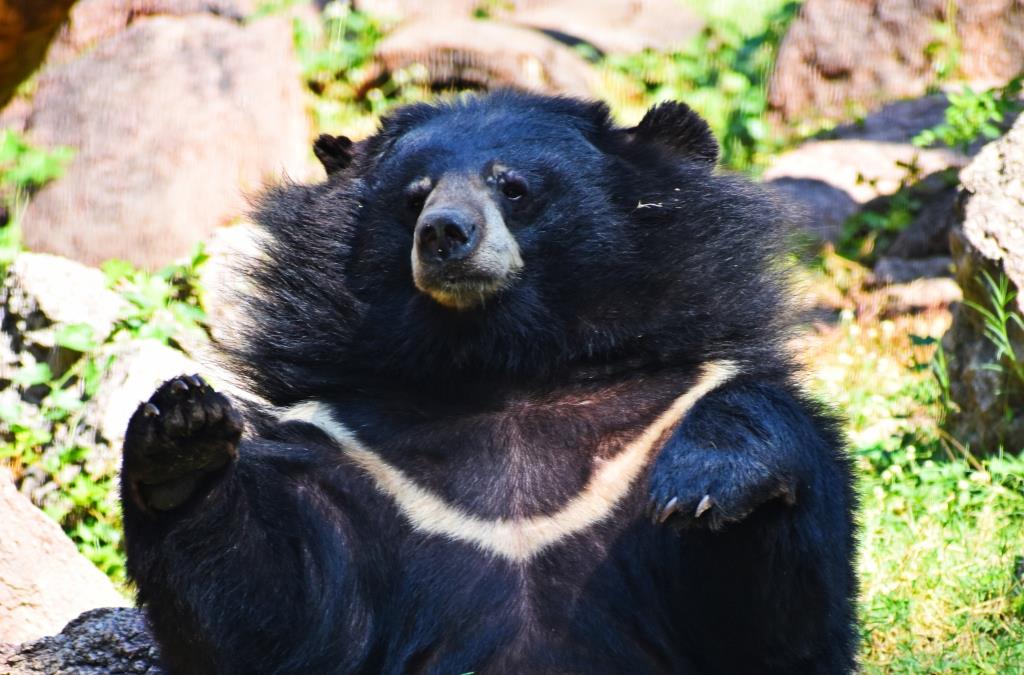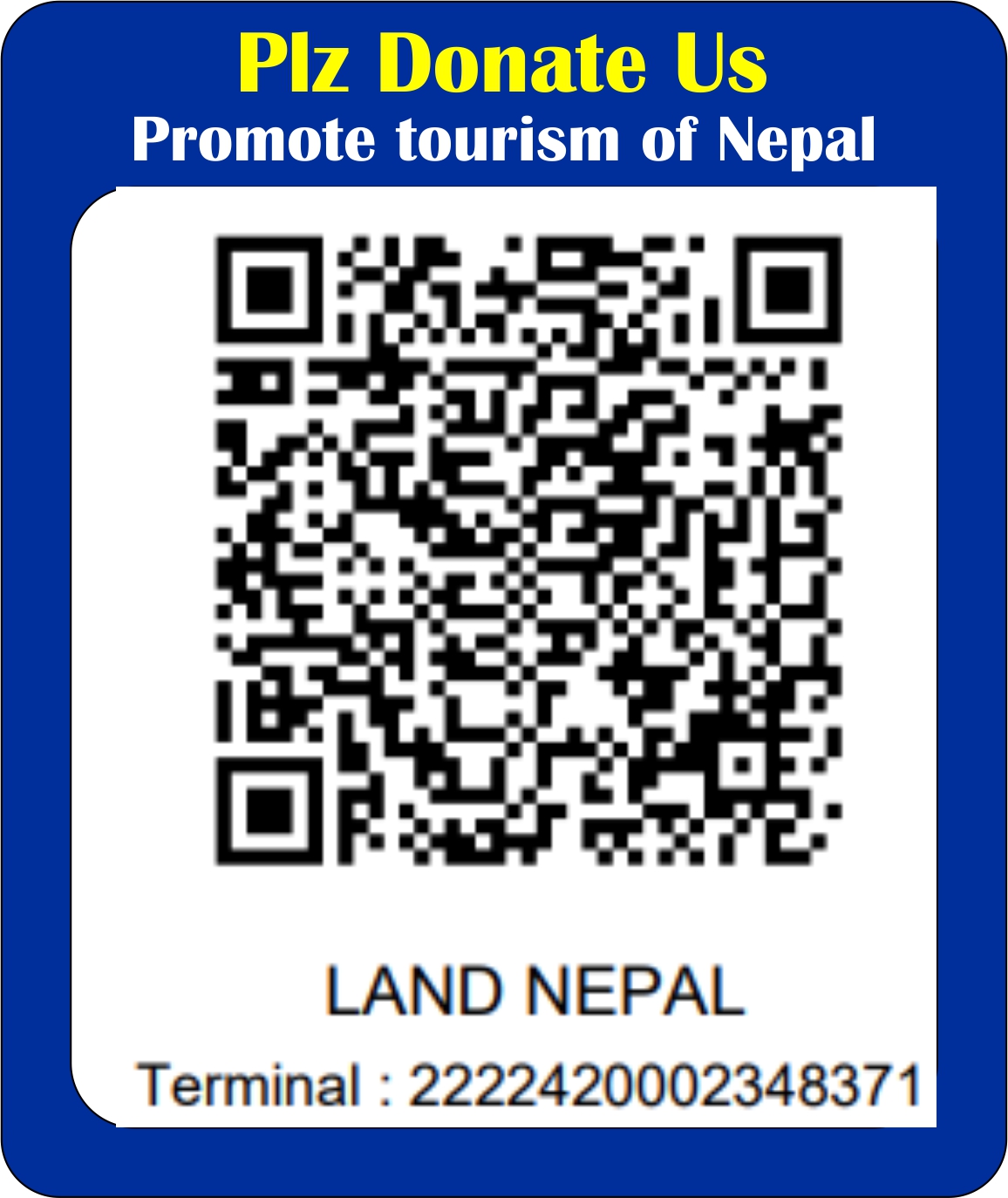Spread around 159 square kilometers, Shivapuri National park is situated 12 kilometers north from the city of Kathmandu, in Kathmandu district, Province Bagmati , Nepal. Previously this area was supervised and protected by the organization named Shivapuri Watershed Development Board, and was regarded as Wildlife Reserve until it was officially decided Shivapuri National park in 2002.
As the park is placed at the transitory geographical position of the subtropical and the temperate climates, the sorts of trees that constitute this national park include rhododendron, pine, oak, etc. Jungle cats, leopards, black bear and rhesus monkeys are common attractions among the wild animals dwelling there. There grow 129 species of mushrooms there. Besides, it contains 177 species of birds, of which nine species seem to be dying out, and 102 species of colorful butterflies.
Shivapuri hill is the chief zone for the supply of drinking water for Kathmandu valley. Bagmati and Bishnumati with some other rivers facilitate tapping around thirty million liters of water everyday.
Spread over the area of 3550 square kilometers, Shey Phoksundo, situated in trans-Himalayan parts of both Dolpa and Mugu districts of the Karnali province, is the biggest national park in Nepal. The sole purpose of establishing Shey-Phoksundo National Park in 1984 was to preserve and promote the unique diversity of flora and fauna available there. The park offers us climatic differences owing to the variations in its geography and altitudes. The official team of the park together with local communities work to sustain and enhance the beauty of the Park.
Shey-Phoksundo National Park is characteristic of spectacular landscape and varied elevations, ranging from 2130 meters at a place called Ankhe to 6883 meters on the top of Mount Kanjirowa. The glory and beauty of the park is furthered strengthened by the splendid presence of the lake named Phoksundo Lake. One thing unique about this lake is that because of the extreme cold temperature the water there no water animals can survive there. So it is also called a lifeless lake. There are graceful glaciers near and above the lake. The area also contains monasteries and other religious places. Shey Gompa, a famous monastery for the Buddhists, is believed to have been established in the 13th century.
July through September are the months when the most precipitation takes place in Shey-Phoksundo National Park. The winter season is severely cold with immense snowfall over there.
Climate: As a result of its spanning both the northern and southern aspects of the Himalayan crest, the park experience a wide climatic range. Most of the precipitation in the area occurs during the monsoon (July-September), although the Dhaulagari and Kanjiroba Ranges from a massive barrier preventing most of the rain from reaching the Trans-Himalayan area. The park contains the transition form a monsoon dominated climate with 1500 mm.of annual precipitation in the south (Suligad) to an arid climate with less than 500 mm. a year in the northern slopes. Winters are quite severe, with frequent snowfalls above 2,500m. and temperature’s remaining below freezing above 3,000m. through much of the winter.
-Article written by: Bedu Khatiwoda for Land Nepal





